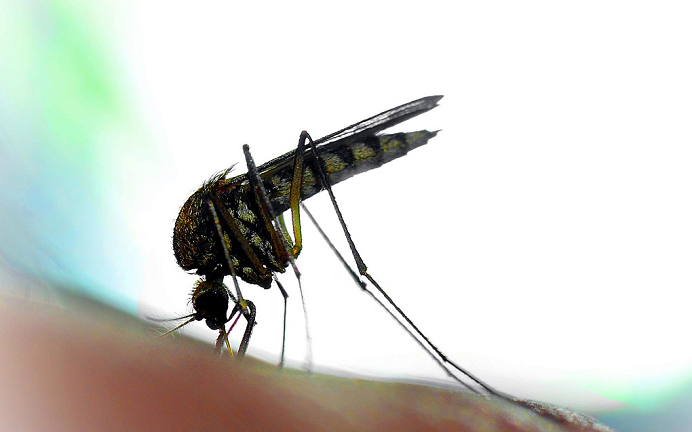On this page, you'll find advice about how to prevent mosquito-borne diseases you may encounter while travelling.
You should consult your doctor for advice about your specific circumstances, especially if you are, or are trying to get pregnant.
For general advice on staying healthy while travelling, visit our Health page.

Dengue fever, chikungunya virus and zika virus are spread by the bite of an infected Aedes mosquito and cannot be spread directly from person to person.
Malaria is caused by a parasite spread by the bite on an infected Anopheles mosquito.
West Nile virus is most commonly spread to people by the bite of an infected mosquito.
Oropouche virus is spread among people primarily through bites of the midge (Culicoides paraensis).
The mosquitoes and midges that are able to spread these viruses are not normally found in New Zealand.
Read our advice on mosquito transmitted diseases.
Read the 'Regional health advice' and, if available, the 'Health' advice for your destination.
Outbreaks of mosquito-borne illnesses are common in the tropical and sub-tropical climates in many Pacific Islands, in North Queensland (Australia), Asia (including India), tropical Africa and Latin/South America. West Nile virus is commonly found in Africa, Europe, the Middle East, North America and West Asia.
Since 2014, there has been an increase in confirmed cases of dengue, chikungunya and zika virus infection in many Pacific Islands including American Samoa, China, Cook Islands, Federated States of Micronesia, Fiji, French Polynesia, Kiribati, Nauru, New Caledonia, Niue, Samoa, Tonga, Tuvalu and Vanuatu. In November 2015, cases of Dengue fever were reported by the Hawaii Department of Health on Hawaii Island (also known as the Big Island).
The highest rates of transmission of malaria occurs in Africa South of the Sahara and in parts of Oceania such as Papua New Guinea, the Solomon Islands and Vanuatu.
Oroapouche virus has been reported in Bolivia, Brazil, Colombia, Cuba, Dominican Republic, Ecuador, French Guiana, Guyana, Haiti, Panama, Peru, Trinidad and Tobago, and Venezuela.
Mosquitoes are usually found near standing water sources, such as swamps, pools, ponds and gutters.
See where current disease outbreaks are.
Travellers to countries where mosquito borne illnesses are able to spread are advised to use insect repellent, wear protective clothing, and stay in lodgings where there are mosquito screens on windows and doors. Because zika, dengue and chikungunya viruses are transmitted by mosquitoes mostly active during daytime, it is important that all travellers visiting affected areas continue to take protective measures to prevent mosquito bites throughout the day.
Avoid mosquito bites during the day and night by:
Use an insect repellent. There are a variety of insect repellents available, such as a spray, stick, roll-on, cream or gel, which you apply to your exposed skin and on clothing.
It is important you check the active ingredient in the insect repellent, as not all have been proven to work. Vitamin B does not prevent mosquito bites. The preferred active ingredient is diethyltoluamide (DEET).
Insect repellents containing the following active ingredients provide reasonably long-lasting protection:
These products can be used by pregnant or breastfeeding women when used according to the manufacturer’s instructions. Always check the product instructions before using, especially for infants.
Insect repellents should not be applied to wounds, irritated skin, eyes, or mouth. Sweat, water contact and rubbing from clothing can affect how long a repellent works. Water resistant repellents are available.
Check with your healthcare provider or pharmacist if you require more advice.
In addition:
If you feel unwell during your trip or in the first three weeks after your return you are advised to:
Women who are pregnant, or plan to become pregnant, should consult with their health care provider before going overseas.